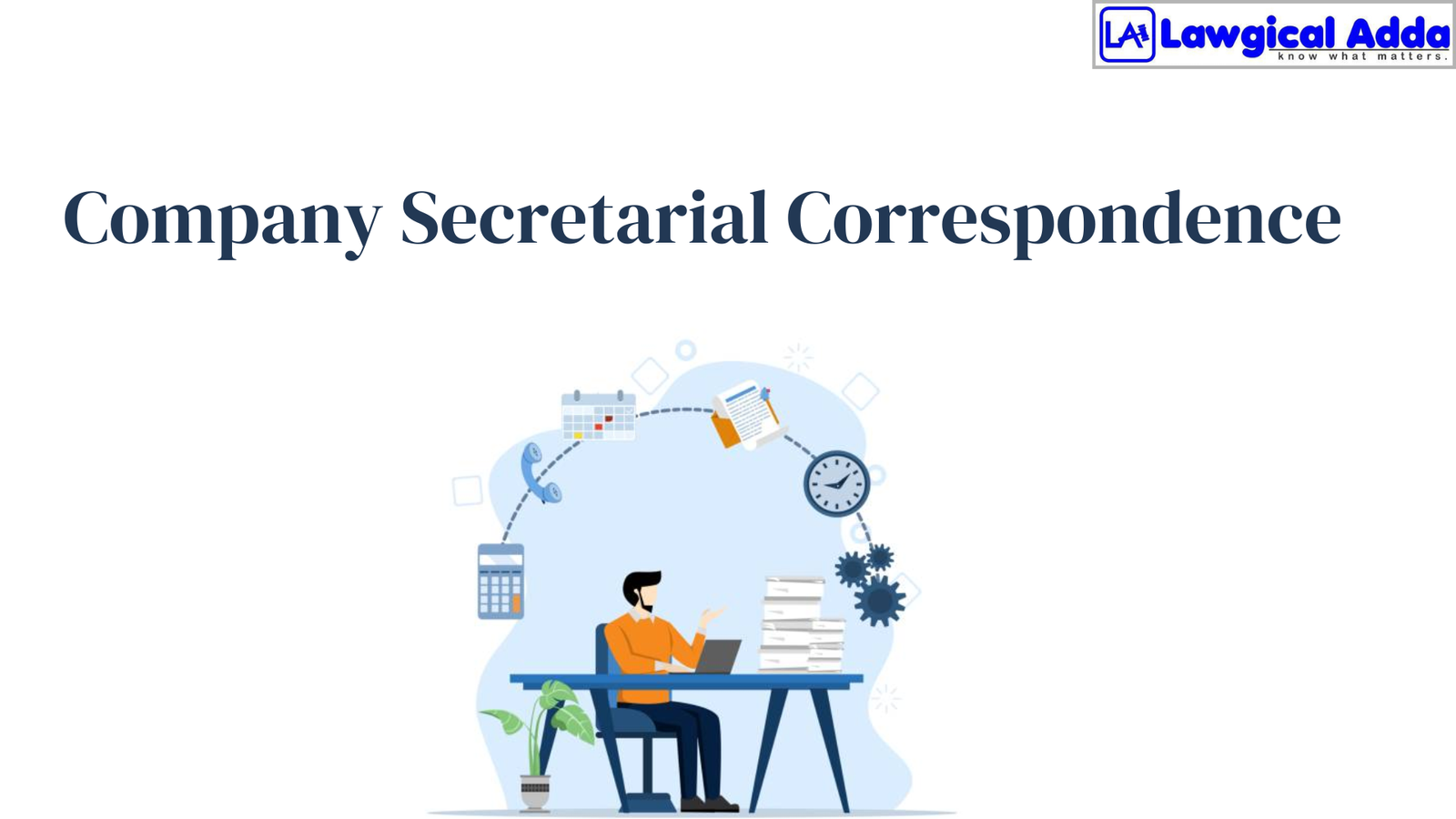Alteration of Capital

Table of Contents
Introduction
An increase or decrease in the authorized share capital of a company is known as an alteration of share capital.
There are two types of share capital of a company, equity share capital and preference share capital. The power of a company to alter its share capital is defined and explained in section 61 of the Companies Act, 2013.
What is Alteration of Share Capital?
Alteration of share capital means the process of changing a company’s capital structure by increasing or decreasing the number of shares, or by modifying the rights attached to existing shares.
It can be done for various reasons, such as to raise capital, consolidate shares, convert shares from one class to another, or cancel shares. Alteration of share capital meaning is a complex process involving compliance with legal and regulatory requirements.
In this blog, we will discuss the various aspects of the alteration of share capital, including the reasons for alteration, the types of alteration, the legal requirements, and the procedure for alteration.
Basic and Mandatory Rules Necessary to Follow
Step 1
A company needs to check and evaluate whether the company on the first face is authorized by the Articles of Association to increase the share capital if the company’s Article of Association does not permit or authorize, then it is to be done to alter them.
Step 2
The company has to take the confidence of other individuals. The board meeting has to be conducted to enable the board to call for the extraordinary general meeting, it is mandatorily required to get approval from the shareholders for increasing the authorized share capital.
Step 3
The company then calls for an extraordinary general meeting of the shareholders of the company by sending them a notice with a clear agenda and proper explanatory statements, explanation.
Along with proper reasoning along with the resolutions to be passed to alter the Memorandum of Association and Articles of Association which are to be altered to increase the authorized share capital.
Step 4
Thereafter, resolutions for increasing the authorized share capital of the company and corresponding alterations in the Memorandum of Association and Articles of Association by resolution.
After completing the whole procedural part, the company authorizes the board to file necessary forms and resolutions with ROC having jurisdiction.
The company, if thinks it necessary and suitable for growth, can increase its share capital by issuing new shares.
Different types of Alteration of Share Capital
According to Section 61 of the Companies Act of 2013, there are five distinct ways to change the share capital:
Sub Division of Shares
A company’s share capital can also be changed by dividing the value of the shares held by its shareholders.
The corporation can divide its higher-denomination shares into lesser denominations under Section 61. The corporation can only do so if the agreement of the association permits it.
If partially paid-up shares are subdivided, the condition that must be met is that the difference between the paid-up and unpaid amounts remains the same.
This method of changing share capital results in shareholders possessing a greater number of shares with lower denominations.
To Increase an Authorized Capital
Registered or nominal capital is another name for authorized capital. This is the amount of money needed to start a business.
By amending the capital clause in the Memorandum of Association, the company can increase its share capital.
Conversion of Shares into Stock
The Company can also change the capital of its shares by converting fully paid-up shares into stock. The whole number of fully paid-up shares is referred to as stock.
The corporation can only do so if its articles of association allow it. The corporation can also convert its equity back into shares.
Consolidation of Shares
The company can also change its share capital by combining shares of lower denominations into larger denominations.
If the consolidation results in a change in the voting rights of shareholders, the tribunal or court must provide authorization.
Canceling the unissued Shares
The corporation can also cancel any outstanding debt. However, this does not result in a change in share capital. There is no journal entry and no treatment in the accounts books when using this method.
The company is bound to follow every part of the procedure as explained and mentioned in the statute failing which, the company shall be punishable with a hefty penalty.
The procedural part mentioned in the statute for alteration of share capital also gives security to its shareholders.
While a Private Limited Company can amend its liability clause, a Public Company must first convert to a Private Limited Company before making such changes.
Need expert guidance on choosing the right liability structure or altering your company’s liability clause? Lawgical Adda is here to help! Our team of legal professionals is ready to assist you with all aspects of company formation, compliance, and amendments.
Contact Lawgical Adda today to ensure your business is set up correctly and efficiently!







